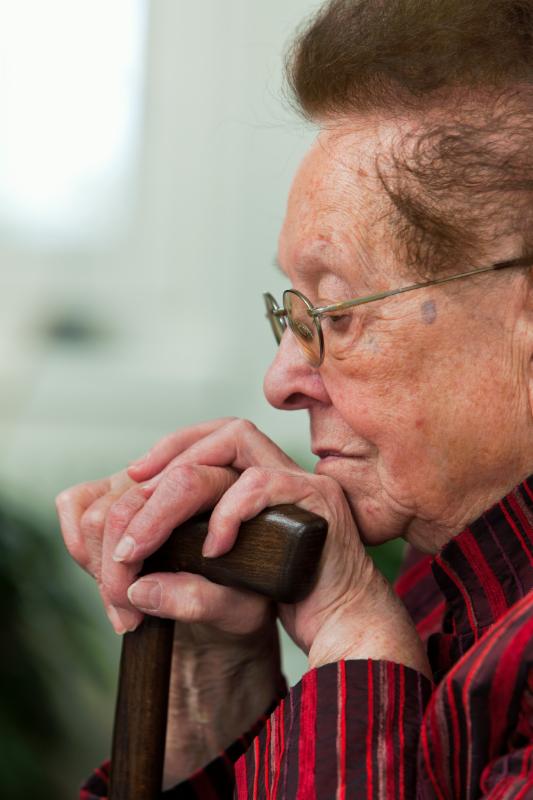In the Age in Place survey done last October, more than one-third of Door residents indicated that they are or expect to feel lonliness or experience sadness and depression as they age. More than half want to be social in community events or through volunteer work.
As humans, we are social creatures and our social connections are an integral part of our overall health and well-being. Unfortunately, many older adults face social isolation and loneliness, which can contribute to a host of negative health outcomes including depression and decreased physical health.
Isolation and loneliness are often intertwined, but they are not the same thing. Isolation refers to a lack of social contact or interaction, while loneliness is the feeling of being alone or isolated even when there are people around. Both can be detrimental to an older adult’s health.
Depression is a common consequence of social isolation and loneliness in older adults. Studies have found that older adults who are socially isolated are at an increased risk of developing depression, and those who are already depressed are more likely to become socially isolated. Depression can be a serious and debilitating condition that affects an older adult’s ability to function, decreases quality of life, and can even lead to thoughts of suicide.

Social isolation and loneliness also have negative physical health consequences for older adults. Studies have shown that older adults who are socially isolated are at a higher risk of developing chronic diseases such as heart disease, high blood pressure, and diabetes. They are also at a higher risk of developing cognitive decline and dementia. Additionally, social isolation and loneliness can lead to decreased physical activity, poor nutrition, and a weakened immune system.
There are many reasons why older adults may become socially isolated. Some older adults may live alone, have limited mobility, or have lost friends or family members. Retirement, bereavement, and chronic illness can also contribute to social isolation. The COVID-19 pandemic has further exacerbated social isolation and loneliness among older adults, as many have been forced to limit their social interactions to prevent the spread of the virus.
It is important for older adults to stay socially connected in order to maintain their mental and physical health. Social connections can come in many forms, including family, friends, community groups, and volunteer opportunities. Technology can also be a valuable tool for staying connected, as it allows older adults to connect with loved ones and participate in virtual events from the comfort of their own homes.
There is no doubt that social isolation and loneliness can have serious negative consequences for the mental and physical health of older adults. It is important for older adults to stay socially connected in order to maintain their health and well-being. Although it may seem to fall on the person to assure the connections, it is the duty of an age-friendly community to help create opportunities for socialization and actively address mental health issues of its senior residents. If you have ideas about how we can work together to reduce the concern about lonliness and depression in Door County, contact us.

